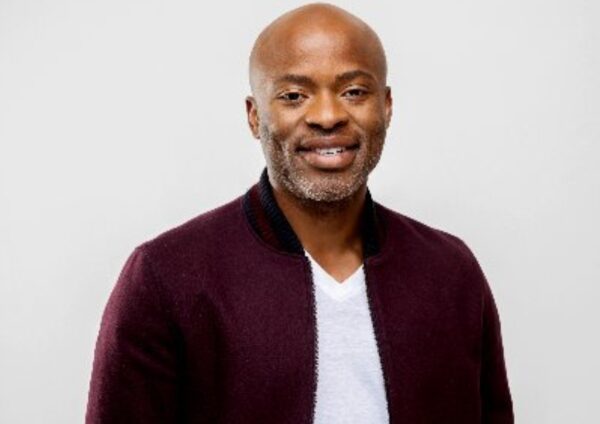When Nigeria-born, Atlanta-based Tope Awotona launched the meeting scheduling service Calendly in 2013 he believed in his idea so much that he used his entire life savings to launch the startup.
The idea grew out of Awotona’s own challenges keeping track of his schedule. A lot of other people needed appointment scheduling services — today, the platform has 10 million users. In 2021, the scheduling app had achieved a $3 billion valuation.

The company was founded in Atlanta and has been profitable since 2016, according to Forbes. Among Calendly’s corporate clients are Lyft, Ancestry.com, Indiana University, and La-Z-Boy. Revenue for 2021 exceeded $100 million.
Last year, Calendly also raised $350 million in funding from OpenView Venture Partners and Iconiq Capital. Awotona’s majority stake is worth at least $1.4 billion, calculates Forbes.
Awotona is one of just two Black tech billionaires in the U.S. The other is David Steward, 70, who is the founder of Missouri-based IT provider World Wide Technology.
Awotona, 40, was born in Lagos, Nigeria. His father was a microbiologist and entrepreneur and his mother worked at the central bank.
Awotona moved with his mother to Atlanta when he was 15. His father was killed three years earlier in a carjacking. Awotona went on to study computer science at the University of Georgia before switching to business and management information.
Nine years ago, while selling software for EMC Awotona has socked away a life savings of $200,000. He sunk all of it into starting Calendly.
Awotona found he needed a scheduling tool and figured other busy people did as well, so he created one. “The obvious idea to me was that scheduling is broken,” he says.
In 2013, he debuted Calendly from Atlanta Tech Village, a coworking space for entrepreneurs. He maxed out his credit cards and withdrew money from his 401(k) to fund the startup. It was a risk, and Awotona knows it.
Read full story at Finurah here.


